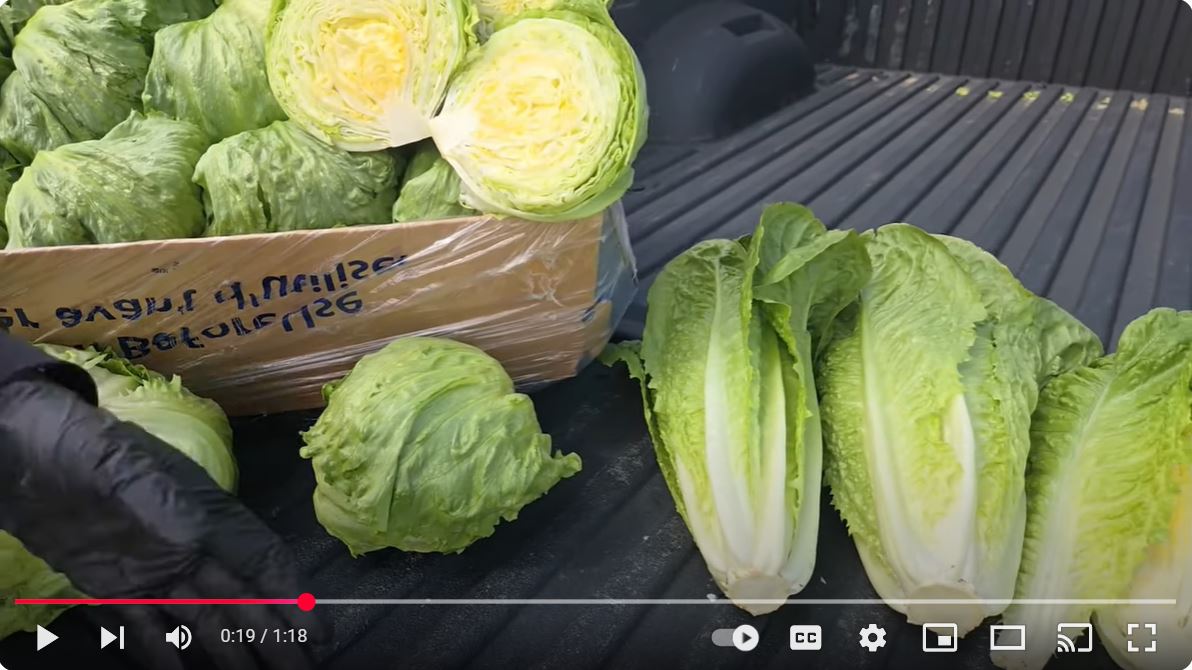Welcome to Blue Book!
Are you ready to join the thousands of companies who rely on Blue Book to drive smarter decisions? View our plans and get started today!
Still have questions? We’d love to show you what Blue Book can do for you. Drop us a line– we’ve been waiting for you.

You know the type—the smooth-talking salesperson who could sell ice in the Arctic. The glad-handing jokester, your best pal until the moment you sign the contract, or the hard-working, never-see-the-family traveler who lives out of a suitcase and knows all the best diners. But do any of these stereotypes match reality? And if they do still exist, do these sales dynamos actually sell…and keep selling?
When we asked members about the attributes of the greatest salesperson they had ever known, we received some surprising answers. We listed fifteen characteristics and asked respondents to rate their agreement or disagreement with whether these traits contributed to a great salesperson’s success. While some of the results were fairly obvious, others were more subtle and illuminate what gets customers buying in the first place, and makes them stick around.
Rating Attributes
Following are a few words about the highest ranking attributes, grouped by similarity.
Tireless, Tenacious, Conscientious & Caring
Sixty-eight percent of participants agreed being a tireless worker is admirable, but many felt it was more complicated than simply keeping one’s nose to the grindstone. “It is more important to be available when necessary, to take care of customers” than simply spending an inordinate amount of time at the office or on the road. Others mentioned good organization skills as a key to sales, while some stressed the need for a work/life balance to prevent burnout. Overall, “work smarter, not longer” was the general consensus.
Most would agree “never surrender” tenacity is a good trait, and although it received over 83 percent agreement, it was ranked among the lowest in overall importance. Many stressed that tenacity had to be tempered with courtesy and wisdom. As one participant quipped, “Take the Kenny Rogers approach—know when to hold, and know when to fold.” In addition, knowing when to take ‘no’ for an answer was also ranked highly: “You can’t be known as a pest; find out when to call [and] how often.”
Ron Carkoski, president and CEO of the Four Seasons family of companies, reminded us that for some “no is just the next step to yes.” But even with this attitude, he advised a modified approach to continuing rejection: “Instead of trying to sell at that point, try to understand,” he says. “It could be style, product, your approach to the person; it could be the very fact that some people…rub others the wrong way and you need to switch salespeople. The buyer is always looking for something to make life easier. If they keep saying no, you haven’t found it yet.”
Struggling salespeople, take note! Almost unanimously, survey participants believed having a deep understanding of the industry and each customer’s account, as well as keeping up on trends and the latest innovations was paramount to sales success. “Good ones do not sell, they help their buyers buy,” declared one respondent.








